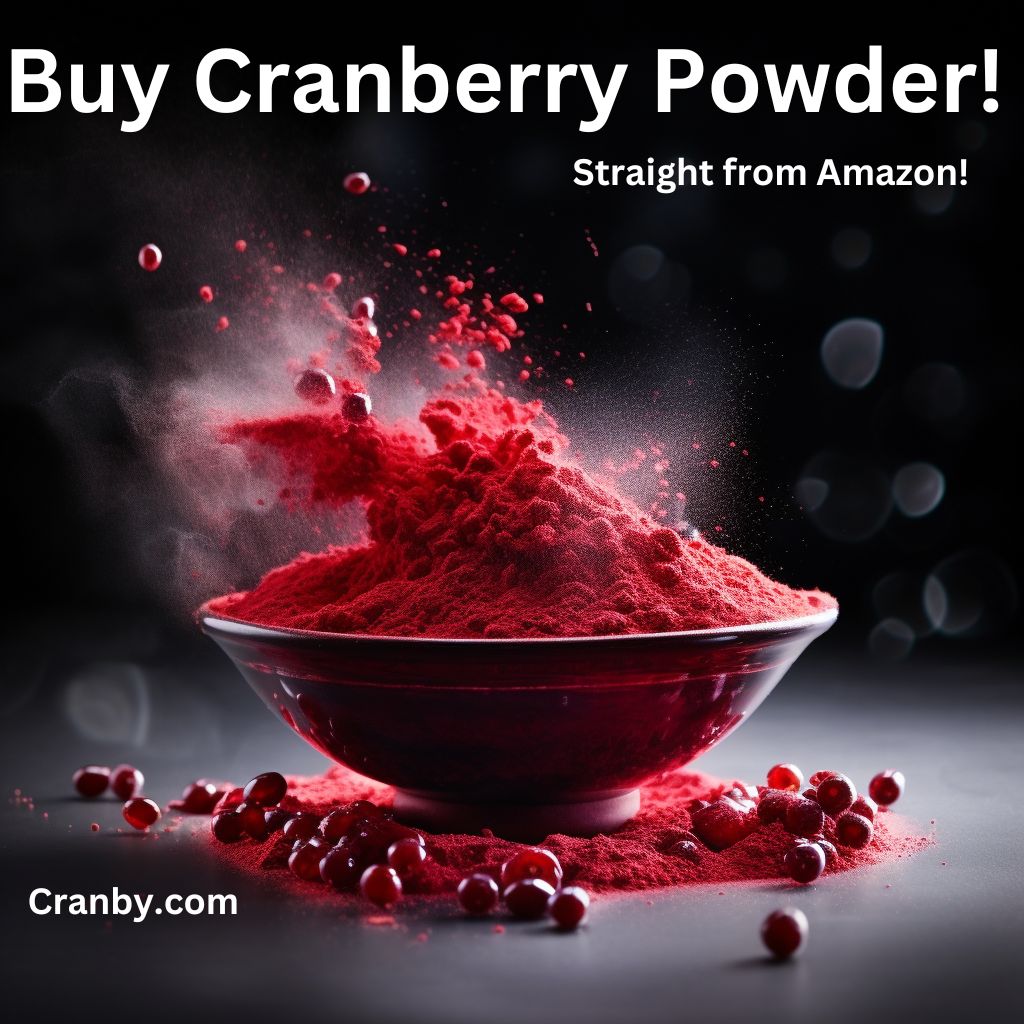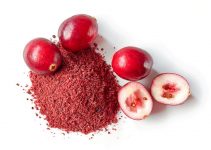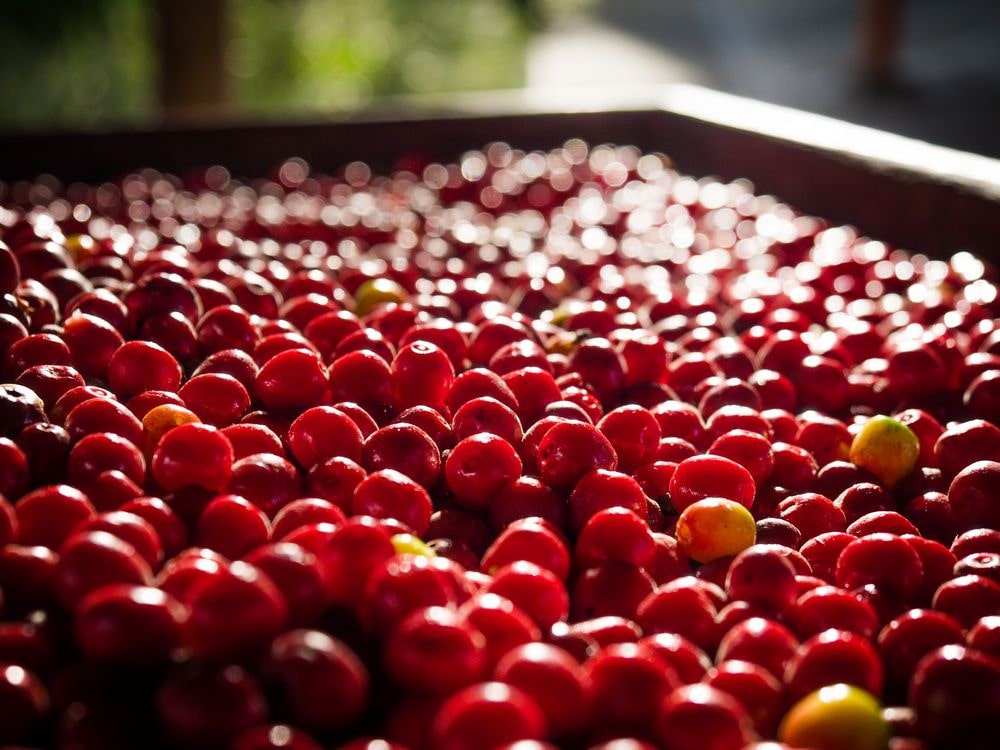
Why Cranberries are good for You
…
Let’s get down to business.
Cranberry Nutrition Info
1 cup (100 grams) of raw, unsweetened cranberries contain:
Calories: 50
Protein: 1/2 gram
Carbs: 12 grams
Sugar: 4 grams
Fiber: 5 grams (20% of your DV)
Fat: 0 grams
So right off the bat you’ll see that they are a low calorie food that is high in fiber. A high volume, low-calorie food means that something else is making up for all of that mass (instead of it being fat or protein etc.,) and it’s usually fiber and/or water. Cranberries are high in both.
We can also see that a serving of cranberries has a modest amount of carbs and sugar which we usually don’t like (the lower the sugar, the better). But … here’s why it’s no big deal when it comes to cranberries:
1- Fiber counts as carbs. Therefore we can subtract 5 grams from the total, leaving us with 7.
2- The sugars in cranberries (and most fruit) is a mix of different sugars and not all of them have the same effect on your insulin as regular table sugar does which = better for your health.
3- Fiber slows sugar and carb absorption so the sugars in point #2 above have even less of an impact on your insulin and blood sugar levels.
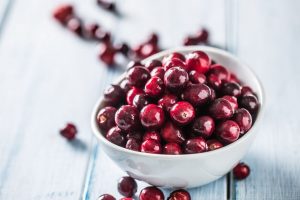
Raw Cranberries
This is why eating fruit in general doesn’t make you feel as ill as eating candy. The estimated glycemic load for cranberries is around 2, which is very low (white bread’s value is about 10 and rice is about 43).
Next …
Top Nutrients in Cranberries
Cranberries have lots of different vitamins and minerals but the most prominent ones are:
Vitamin C – A serving of fresh cranberries contain a whopping 25% of your DV. Everyone knows that this vitamin is linked with a healthy immune system which is why it’s likely the most popular vitamin out there and why having enough is important.
It also helps in your body’s collagen production, which is required to create and maintain healthy teeth, gums, joints, skin, bones, blood vessels, etc. It also really helps with wound healing.
Manganese – A serving of fresh cranberries contains an impressive 20% of your DV for this mineral. Manganese (not magnesium) is an important part of several enzymes in your body and is involved with many others to keep your cells in working order. One of the body’s most important antioxidant enzymes that takes care of your cells exists because of manganese.
This mineral helps your body absorb vitamins such as Vitamin B and Vitamin E as well as other minerals like magnesium.
Antioxidants and Flavonoids
Cranberries are a rich source of flavonoids. Flavonoids are phytochemicals that are found in plant foods that have all sorts of health benefits. They have been linked to increased brain health, reduced inflammation and thousands of other health benefits. Berries (including cranberries) are said to especially high in flavonoids.
They are also a rich source of antioxidants. Antioxidants help to stop the ‘bad’ free radicals in our bodies from damaging our healthy cells. So we need these substances to help us achieve optimal health, and cranberries happen to be a good source.
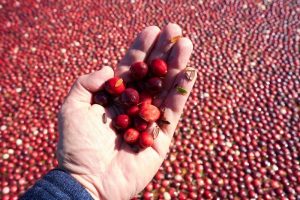
Cranberries are Healthier
More Ways Cranberries are good for You
They are said to:
– Help prevent ulcers
– Help ward off UTIs
– Help with gum disease
– Help protect the gut microbiota
– Provide antioxidant and anti-inflammatory functions that benefit the cardiovascular system
– May help reduce “bad” cholesterol
And much more. One interesting historical fact is that the Native Americans used to help the settlers by having them eat the vitamin C-rich wild cranberries to help with their scurvy. It was also used back then to help with indigestion, inflammation and as a compress on wounds.
You could go on for ages about the benefits of cranberries but what’s outlined above are the more commonly known, and important benefits the berry has on your health so it’s worth giving them a try …
… either in it’s raw form or in a juice.
– Cranby

